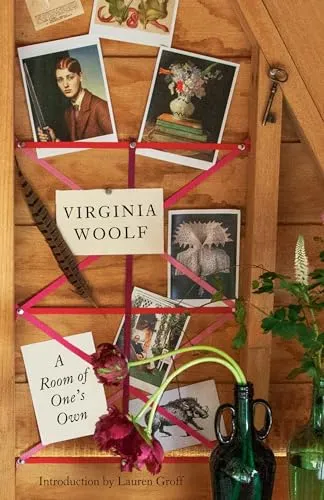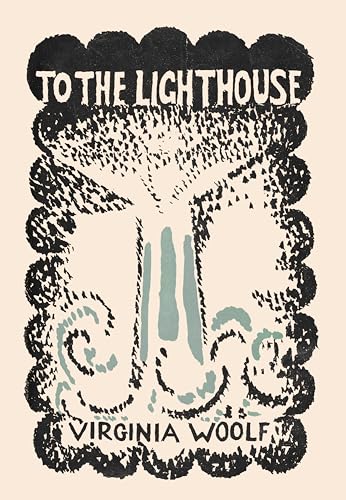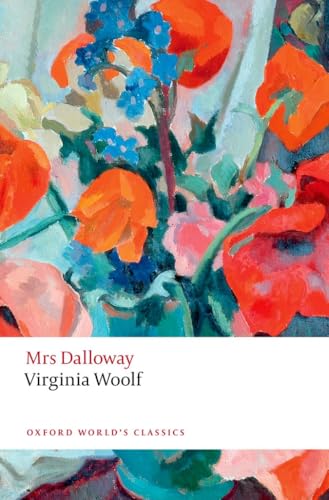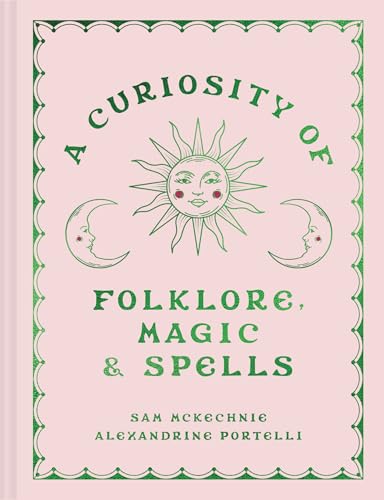Virginia Woolf’s classic plea for a world in which women are free to use their gifts is as powerful and resonant as ever. In this influential extended essay, Virginia Woolf outlined what women need in order to fully make use of their abilities. Using powerful images and memorable thought experiments--such as a fictional sister of William Shakespeare, who is as talented as her brother but limited in ways he was not--Woolf analyzes the many ways in which women have been held back throughout history and still are in her own time. First published in 1929, A Room of One's Own has been a towering and inspirational statement of feminist principles for nearly a century--and remains relevant now, at a time of growing awareness of the kind of social injustices that she decried.
Virginia Woolf
Virginia Woolf was a prominent English writer and modernist literary figure. Known for her stream-of-consciousness writing style, she challenged traditional narrative structures and explored themes of gender, class, and mental health in her works. Some of her most notable works include "Mrs. Dalloway," "To the Lighthouse," and "Orlando." Woolf's contributions to literature include her innovative approach to character development and narrative technique, as well as her exploration of the inner lives of her characters. Her most famous work, "Mrs. Dalloway," is considered a masterpiece of modernist literature and a reflection of Woolf's unique literary voice. Woolf's impact on the literary genre is undeniable, as she paved the way for future generations of writers to experiment with form and style in their own works.






